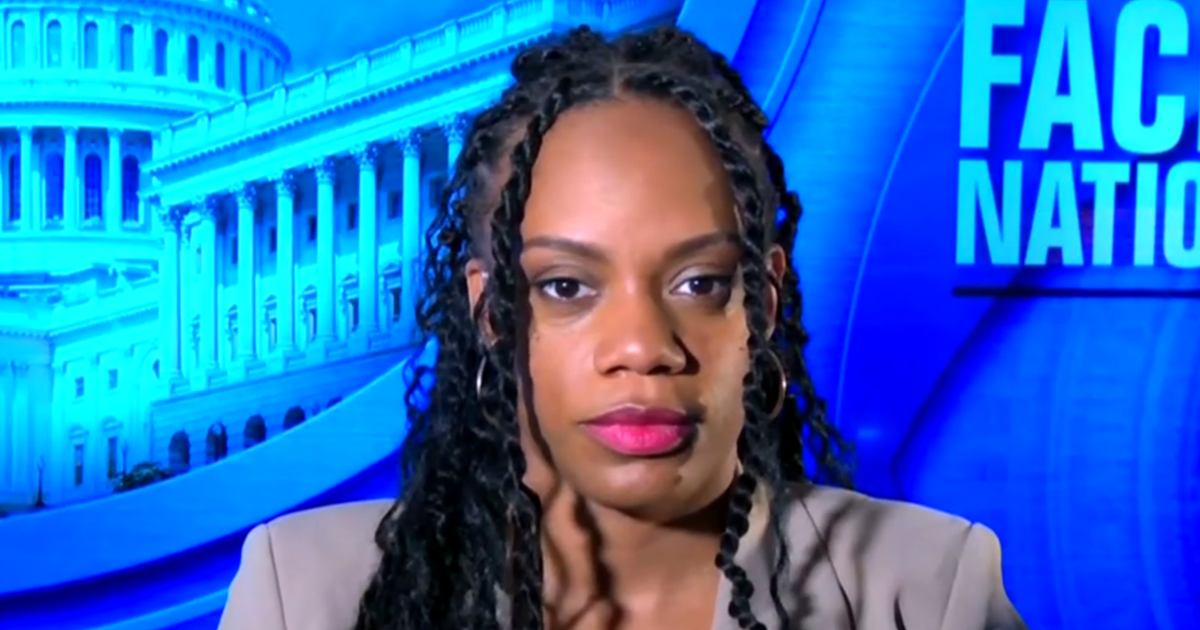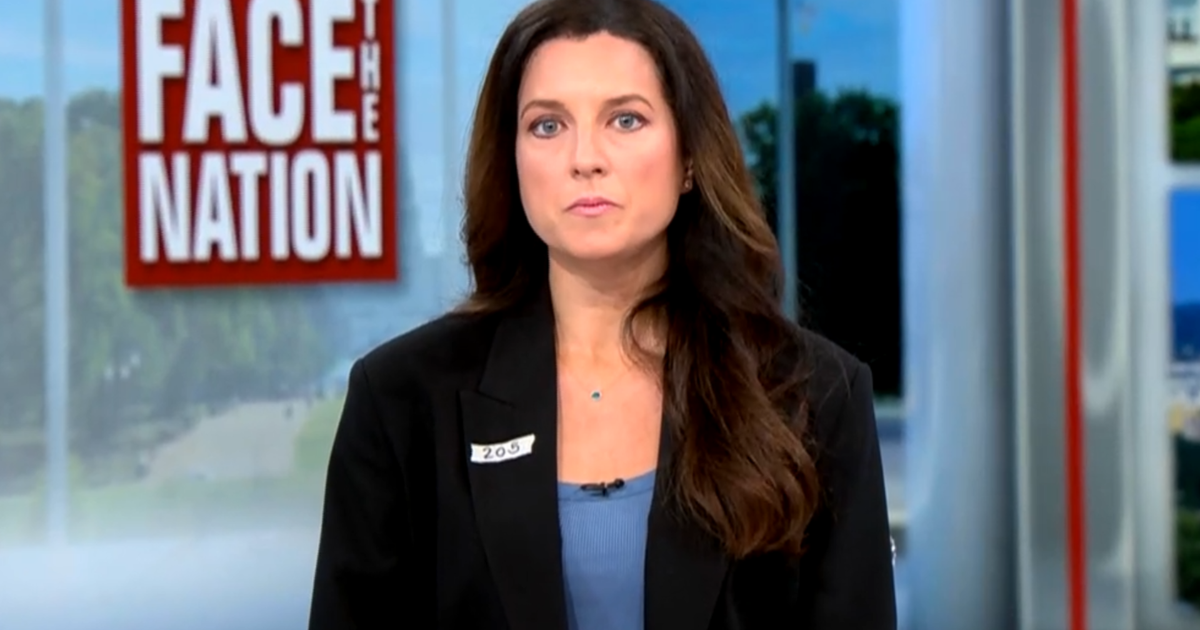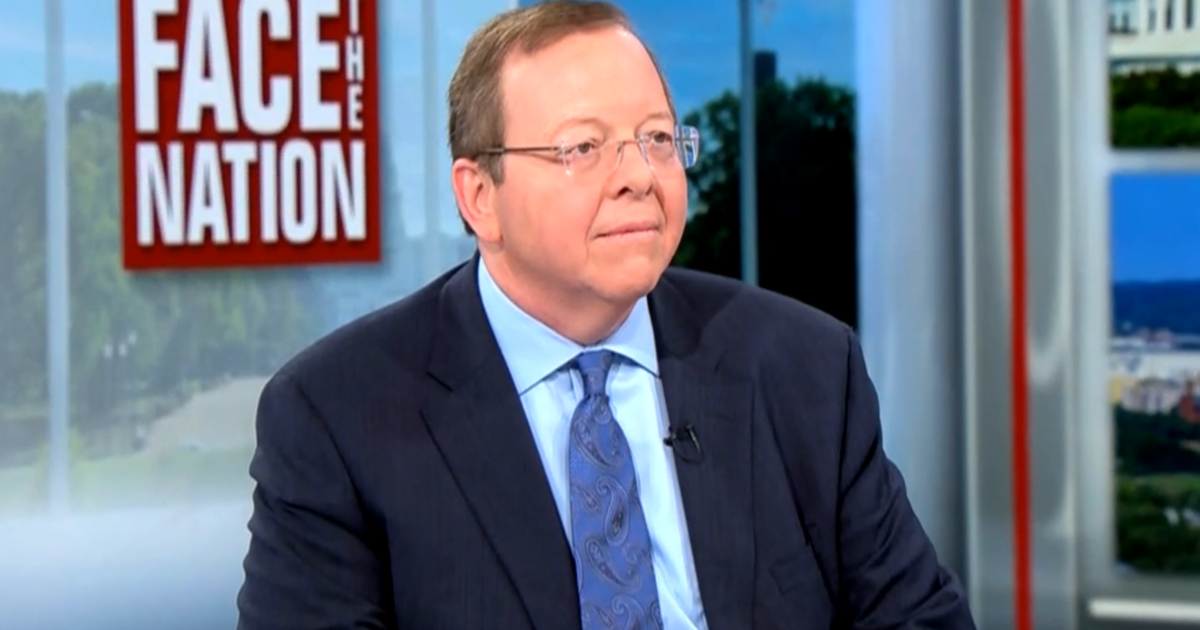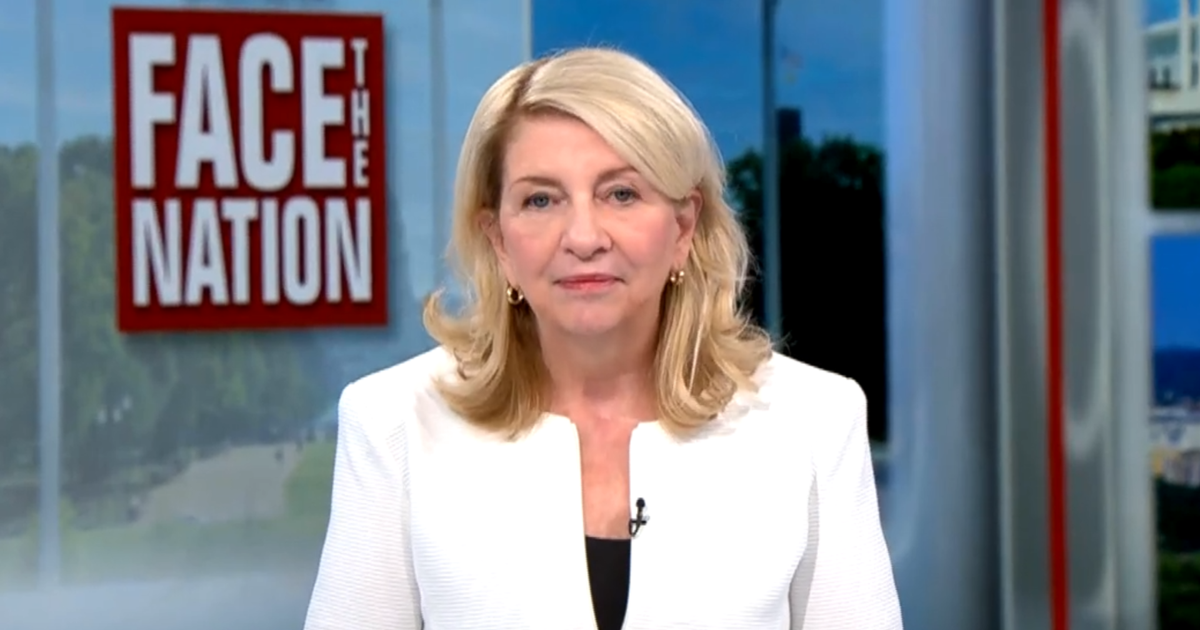Transcript: Sen. Tim Kaine on "Face the Nation," Jan. 28, 2024
The following is a transcript of an interview with Democratic Sen. Tim Kaine of Virginia that aired on "Face the Nation" on Jan. 28, 2024.
MARGARET BRENNAN: We turn now to Virginia Democratic Senator Tim Kaine, who joins us from Richmond, Virginia. Senator, uh, from what you've heard about this White House deal with the Senate, are you on board to support it?
SENATOR TIM KAINE: Um, Margaret I'm-I'm really appreciative of the work that Jim Lankford, Chris Murphy and Kyrsten Sinema have done. This is very tough. We haven't done immigration reform since 1986. So like James said, I need to read it, but we do have a challenge and the only way we're gonna solve it is to try to come up with something bipartisan. That's the only way we ever do immigration reform. Senator Lankford has expressed his disappointment with President Biden. I was disappointed when President Trump turned down a border protection deal in 2018 that would have invested 25 billion dollars at the border.
So, but we can't just look in the rear view mirror. We gotta do what's right, right now, one of the aspects of this bill that I'm positive about is it'll help us interdict fentanyl in-in 2012, 50 Virginians died of fentanyl overdose in 2022, it was 2000 and we know that fentanyl is coming over the border from Mexico, largely through ports of entry. This bill will help us deal with that and that's why when a President Trump says vote no, wait for a year, wait for two years-people can't wait, they're suffering now, and this bill will help deal with that situation.
MARGARET BRENNAN: Well it doesn't include any status for so called dreamers, which has been a longstanding Democratic request. And I know that during the Trump years, you said that asylum was a key value of the United States, given that the Biden administration will think to restrict asylum. Are you comfortable with that?
SEN. KAINE: Look, this is a painful compromise. Th-this is a tough bill. I wish it were an immigration reform bill and not just a border security bill-but the fentanyl issue isa crisis. And there's some aspects of what James described which I'm really interested in getting into the details-you-your correspondent talked about the notion that even though we may change standards in between ports of entry, we will continue normal processing at points of entry. I think that's a-that's a positive that will help create order instead of disorder. So lot of details to dig into.
Yes, I wish this was a comprehensive immigration reform bill, not just a border security bill, but I think there's gonna be some positive things in here about work visas. And I also think there's gonna be some positive things for kids who come to the border, who right now come, they don't know the language, they don't know the law and it is so hard for them. And this at least I think will give them a greater understanding of what their rights are. So we gotta dig into the details, but we've gotta find a compromise. And as was pointed out, this compromise is also key to opening up the security funding that we need for Ukraine, humanitarian assistance in Gaza, defense support for Israel, all that is hinging upon getting this deal, So we need to move forward.
MARGARET BRENNAN: Right and so, and to that point, has-Democrats control the Senate has leader Schumer given you any timeline here for when he might be able to move on all of this. And-and is there a plan B for Ukraine if this fails?
SEN. KAINE: Margaret, I think the timeline is Senator Schumer is let this border deal come together and then we'll move as quickly as we can. I think you're gonna see the Senate move very quickly, this weekend, next to have a vote on the overall package. And as you know, the overall package isn't just border in Ukraine, it's Gaza and Israel, it's Indo-Pacific aid, it's state disaster relief. It's a sizeable package an-and many components are very popular, but the two challenging ones have been th-the border Ukraine negotiation and the Israel Gaza negotiation. If for some reason we can't find the border agreement. I don't think that dooms Ukraine aid, because I do believe votes are there for Ukraine in both houses, but-the border issue is an important one to do because a-as Senator Lankford mentioned. The cartels are organizing, make tons of money by rushing people to the border. It's important that we do this but also we've got to-got to, go to come up with assistance, especially for Ukraine very, very soon. They've gained so much, but it's all at risk. If the U.S. isn't there.
MARGARET BRENNAN: Well, it, I wanna ask you about aid to Israel. And as you said, Gaza-the United States has temporarily suspended some of the aid to the UN agency that operates in Gaza after Israel shared information that 12 of its employees allegedly were involved in the attack on October 7th. I know that at least two of those people are dead now, according to the UN. Do you think that suspending aid for this agency that services 2 million for the actions of a dozen people is fair when the agency says that it is collapsing, how are-how is this going to be addressed?
SEN. KAINE: Mar- Margaret, th-the humanitarian needs of Gazans are massive. Israel should defend itself against Hamas, but most Gazans are not Hamas. In fact, they've suffered under Hamas. And so you're right, there's 2.2 million people that need humanitarian aid. If the UN agency cannot be a trusted deliverer, the good news is there are other NGOs who are, and USAID and others work with NGOs in Gaza to deliver aid. And frankly, most of us have been really disappointed about the extent of humanitarian aid that's been able to come into Gaza. And that's why in the package we're negotiating, it's defense support for Israel, but also robust humanitarian support for Gaza. And if we're gonna do that, it has to get to Gazans. It can't be blocked by Israel. It has to get to Gazans. So we- if- if we can't completely rely on the UN agency, there are other trusted NGOs who've got to, who have a good track record. This aid is monitored very carefully. We need to increase the pace, increase the volume, and get more aid to Gazans.
MARGARET BRENNAN: And we have one of those, a- agencies with us later in the program, though far smaller than the 13,000 employees of the UN. President Biden has talked about these U- U.S. strikes on the Houthis continuing. I know you have some issue with that.
SEN. KAINE: I- I do Margaret. Not with the notion that we have to protect our own ships, Naval or commercial, from the Houthis, and even strategically, protect the Red Sea from the Houthis, but there's no congressional authorization for a war in Yemen or the Red Sea against the Houthis. None. The president has asserted that these strikes are about self defense and they're designed to deter the Houthis, but the administration has also said that they believe that the attacks are going to continue and even escalate. As you know, I'm from Virginia. We have a lot of people in harm's way in the Red Sea, in the Middle East right now on this mission. And what they want to know is, what's the strategy? What's the plan for deescalation? If the U.S. is going against the Houthis to protect shipping, shipping of other nations, what are other nations doing as part of this mission? That's why a bipartisan group of senators, we wrote the president this week and said, what is the strategy? How will we deescalate? And what is the legal rationale that you are using when Congress hasn't authorized this military action? And this week we're gonna be digging heavily into those questions.
MARGARET BRENNAN: All right. And we'll put some of those to one of our upcoming guests as well. Thank you, senator, for your time today.



